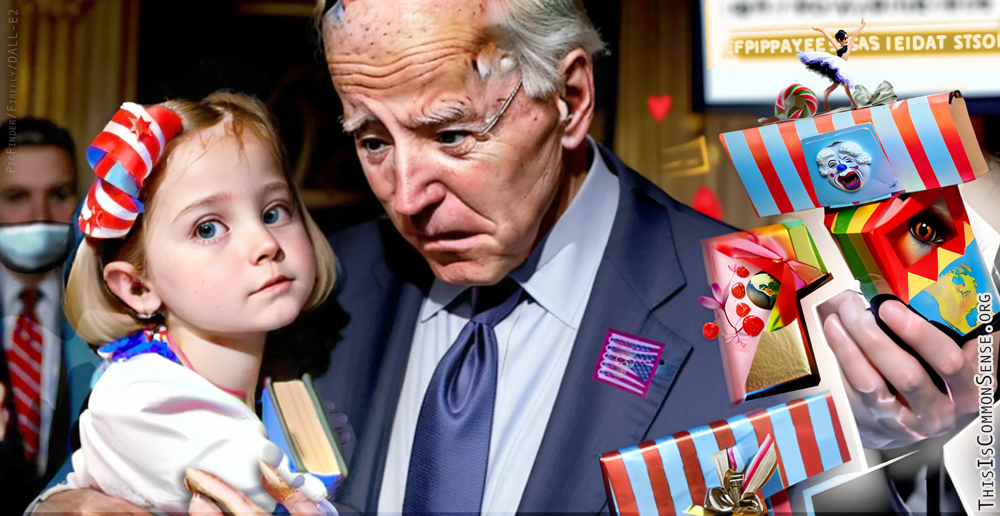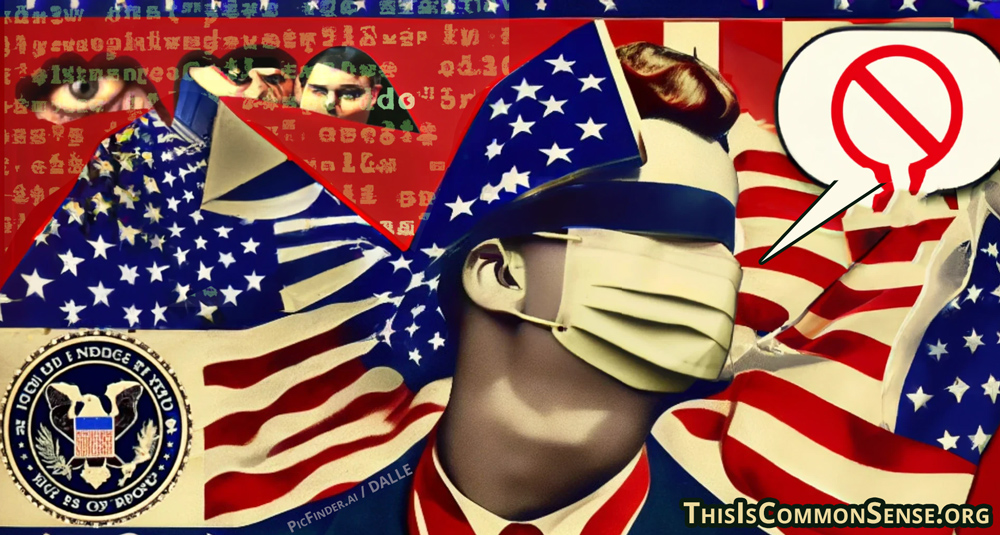“You can’t call anyone a liar?” Judge Patricia Millett asked federal prosecutors, “with a tone of incredulity,” according to The Washington Post report.
Millett, along with Judges Cornelia T.L. Pillard and Bradley Garcia, serves on the three-judge panel of the federal Court of Appeals for the D.C. Circuit. This week they devoted two hours to the appeal of a federal district judge’s gag order placed on former president Donald Trump.
Under Millett’s questioning, federal prosecutor Cecil VanDevender agreed that under the order Mr. Trump could say that someone testifying against him was “an untruth speaker” but not call that person a “liar.”
“He has to speak ‘Miss Manners’ while everyone else is throwing targets at him?” inquired Judge Millett. “It would be really hard in a debate, when everyone else is going at you full bore.”
She noted that the First Amendment importantly protects inflammatory speech, adding with some exasperation: “Your position doesn’t seem to give much balance at all to the First Amendment’s vigorous protection of political speech.”
Trump’s attorney argued that the current leading Republican presidential candidate has taken advantage of the order’s stay, pending this appeal, by “posting about this case almost incessantly since the day it was filed and they haven’t come forward with a single threat that’s even arguably inspired by any evidence in his social media posts.”
The three-judge panel, at least as The Post reads the hearing’s tea leaves, “indicated it may narrow the order prohibiting the former president from attacking individual prosecutors . . . or from calling potential witnesses against him ‘liars’ in the heat of next year’s campaign.”
It should. Unless the speech is specifically criminal it should be freely allowed. Orange Man should have the same rights we all rightly possess.
This is Common Sense. I’m Paul Jacob.
Illustration created with PicFinder
—
See all recent commentary
(simplified and organized)





